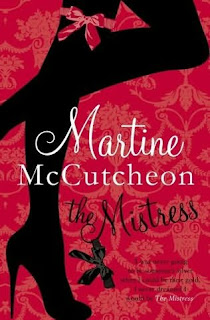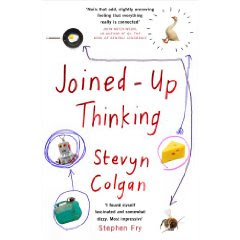 Over at her always-fun blog, Marie Phillips has been talking about the imminent release of The Mistress by Martine McCutcheon, and what it may say about the publishing industry.
Over at her always-fun blog, Marie Phillips has been talking about the imminent release of The Mistress by Martine McCutcheon, and what it may say about the publishing industry.
I think she makes some very valid points, and having read the first chapter which is available here, I was oddly put in mind of American Psycho‘s incessant name-checking. And faintly appalled to see the ‘having them look in the mirror to justify describing the protagonist’ trick making its appearance in the sixth paragraph, but that’s probably just me being jaded and cynical; the book’s aimed at a very specific market, and I’m not that market. So be it, there are enough books on my ‘to be read’ shelves already.
But before I shrug my shoulders and move on, two things which came to mind:
Point the first: in the first eight paragraphs of Chapter One, there are two references to Grazia magazine. This strikes me as odd, given that Martine McCutcheon is a columnist for Reveal magazine.
Point the second: the book details given at the foot of this page state that the book will measure 197mm x 130mm, and be comprised of 336 pages, and yet weigh 0 kg. The very definition of a “light read”, I guess.
My immediate suspicion was that this book may well have been ghost-written (though I could be wrong), and the notion of a ghost-written book by a celebrity reminds me of the novel with Naomi Campbell’s name on the cover, Swan (there seems to be a substantial body of evidence to suggest I shouldn’t refer to the novel with as ‘belonging to’ Ms Campbell).
At the time of its publication, I seem to recall reading an amusing – and very probably apocryphal – tale about a journalist pressing her about the authorship of the book; after a while, Ms Campbell was tiring of being hassled in this way.
“Look,” she allegedly said, “have you read my book?”
“No,” the journalist reportedly answered. “Have you?”









